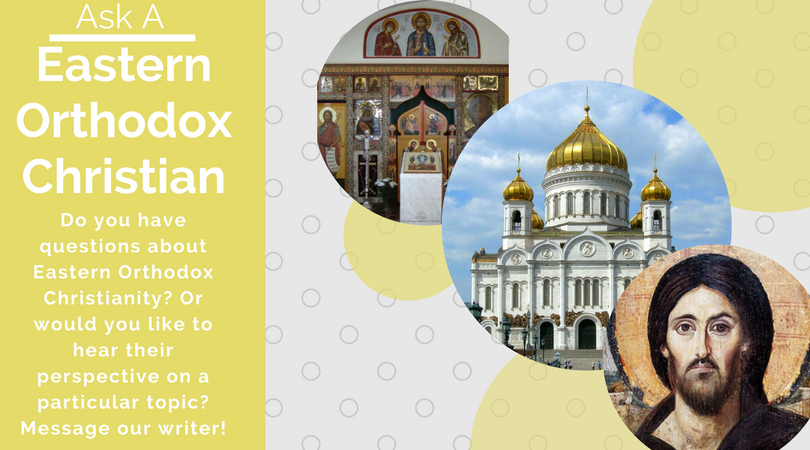Ask An Eastern Orthodox Christian: Psychic Abilities
What would you like to know about the Eastern Orthodox Christian faith? Submit your question.
Can psychic abilities develop naturally for an orthodox Christian?
From an Orthodox Christian perspective, the experience of any psychic ability, as in intuition, clairvoyance, enlightenment, prophesizing, or extrasensory perception, etc., is attributed only by and through the indwelling presence of the Holy Spirit of God. It is his active energies of prayer, grace, and love within us that illumines our soul.
Together in a united, cooperative effort in the spirit of repentance, the practice of the virtues, and unceasing prayer, one begins to escape the control and enslavement of the passions of the flesh. This process of becoming dispassionate of anger, pride, greed, jealousy, gluttony, lust, etc., leads to the process of purifying a defiled heart. Saint Paul tells us that it is not I who live, but Christ who lives in me, in the heart. When Christ’s will becomes our will, the transformation begins, becoming more like Christ by His grace and mercy. This process is known to Orthodox Christians as theosis (similar to sanctification).
The Spirit of God directly imparts to us “the knowledge of God” in the heart (nous). This is what is referred to as a “direct knowing” and not a result of our rational discursive reasoning. The eastern fathers explain man’s awareness in their commentary that the human person is created with two centers of consciousness.
The first level of consciousness is man’s “reasoning mind,” his rational cognitive inductive or deductive state of engaging and evaluating scientific or philosophical inquiry, analyzing this data from his limited five senses, and processing it by means of discursive reasoning. Your mind (brain) is a limited window of the soul.
The second higher level of consciousness is often referred to in Eastern Christianity as the nous or, more commonly in the west as the heart/spirit region. It is there that we say is where our essence resides, where we are mystically connected to one another and our creator through the presence and activity of the Holy Spirit of God within us.
In this higher level of spiritual perception, determining what is good or evil is not about thinking or processing as in discursive logic, but rather a “knowing.” One could say, “it knows.” In Genesis 3: 22, “Then the Lord God said, “Behold, the man has become like one of Us, to know good and evil.” This is where the direct imparted knowledge of God takes place and where the gifts I mentioned at the beginning of this article may be bestowed to us.
There are some 20-plus passages in the Bible where Christ addresses and speaks to the “thoughts” and “reasoning” of the spiritual heart (nous), not the mind! If you have a moment go to BibleGateway.com: search for a Bible passage in 71 languages and 224 versions and type in the search query the words “heart thought” and then type in another query “heart reasoning.”
In conclusion, to perceive a greater perception of reality the aim of every Christian should be the “acquisition of the Holy Spirit of God,” by providing an environment for Him to indwell in an undefiled heart.
https://form.jotform.com/form/82767011384155






